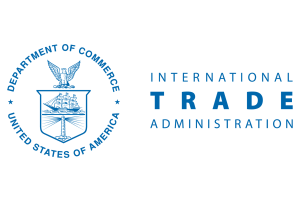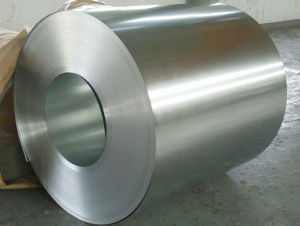
SMU Survey: Sheet and plate lead times inch higher
Hot rolled and galvanized lead times are about half a week longer than they were three months ago, while production times for cold rolled, Galvalume, and plate products are one to two weeks longer.

Hot rolled and galvanized lead times are about half a week longer than they were three months ago, while production times for cold rolled, Galvalume, and plate products are one to two weeks longer.

Since late 2025, mills have begun to hold a firmer stance on prices, tightening their grip at the start of this year and holding on since

Three of SMU’s price indices increased this week, while two remained steady, all holding at multi-month highs.

SMU’s sheet price indices inched up to new multi-month highs this week, while plate prices held steady.

November steel exports tumbled 15% from October to the lowest monthly export rate since July 2020.

One third of the steel buyers responding to our market survey this week reported that domestic mills are negotiable on new spot order pricing. Mills began to hold a firmer stance on prices towards the end of last year, tightening their grip in early January and holding it since.

Steel mill lead times marginally declined on sheet products this week but edged higher on plate, according to responses from SMU’s latest market survey. Overall, lead times remain one to two weeks longer than levels seen three months ago.

Flat-rolled steel prices inched upward again this week as mixed demand appeared to be offset by limited supplies.

Participants in the hot- and cold-rolled coil markets said winter storms in the East and Midwest may disrupt weekly order volumes and prices.

Sheet prices mostly continued their uneven but steady march higher this week, according to SMU’s latest check of the market.

SMU’s sheet price indices climbed to new multi-month highs this week, while plate prices marginally declined.

The galvanized steel market has kicked off the year with a firmer tone, marked by rising prices, lengthening lead times, and a noticeable shift in buyer sentiment. Service centers and distributors on HARDI’s latest sheet metal and coil handling council call described a market that is not overheating but steadily tightening.

The majority of SMU’s sheet and plate price indices rose this week, with multiple products climbing to new multi-month highs

Mill spot price negotiation rates have tumbled across all products SMU tracks, according to our latest survey data.

The US Department of Commerce has officially published the anti-dumping and countervailing duty orders on corrosion-resistant steel sheet imports, the final step in the trade case originally filed more than a year ago. At the same time, Commerce also revealed it is allowing some CORE imports into the country without paying the AD or CVDs.

Following last week’s pause, SMU’s price indices were overall steady to higher this week, holding at or near multi-month highs.

Less than half of the steel buyers who responded to our market survey this week reported that domestic mills are willing to talk price on new spot orders

SMU’s sheet and plate prices took a breather this week, holding relatively steady at multi-month highs.

All of SMU’s sheet price indices rose this week, climbing to new multi-month highs. At the same time, our plate index held steady.

Steel mill lead times extended this week on all sheet and plate products tracked, according to responses from SMU’s latest market survey.

All five of SMU’s sheet and plate price indices increased this week for the second week in a row, with all products inching up to new multi-month highs. Prices are now up by $30-70/st compared to those seen four weeks ago.

Mills are less willing to talk price on spot orders on all the sheet products SMU tracks, but plate has veered the other way, according to our market survey this week.

Most sheet prices inched up again this week following mill efforts to set a floor under tags and to increase them from there.

Angelo “Ange” Borzillo has passed away at the age of 92. He leaves behind a legacy that will endure as long as the steel he helped develop: Galvalume sheet steel.

Sheet steel indices increased across the board this week, while plate prices held steady. All five of SMU’s price indices are higher than they were two weeks ago, and all but one are above levels recorded four weeks ago.
The steelmaker released updated extras to customers on Oct. 15, marking the second adjustment in just six weeks following their early September revision

Mills are more willing to negotiate spot prices for both sheet and plate products, according to our latest market survey results.
AZZ Inc. delivered steady results in its fiscal second quarter. While infrastructure-heavy work buoyed its Metal Coatings segment, its Precoat Metals business navigated softer building markets and tariff-driven uncertainty.

Sheet and plate lead times saw minor shifts this week, according to SMU’s latest market survey. Sheet times have inched up over the last month but remain within days of multi-year lows, as they have since May. Plate lead times have bobbed within a tight range for months, hovering roughly a week longer than this time last year.

Steel buyers say mills remain slightly more willing to negotiate spot prices for sheet and plate products than in mid-September, according to our latest market survey.